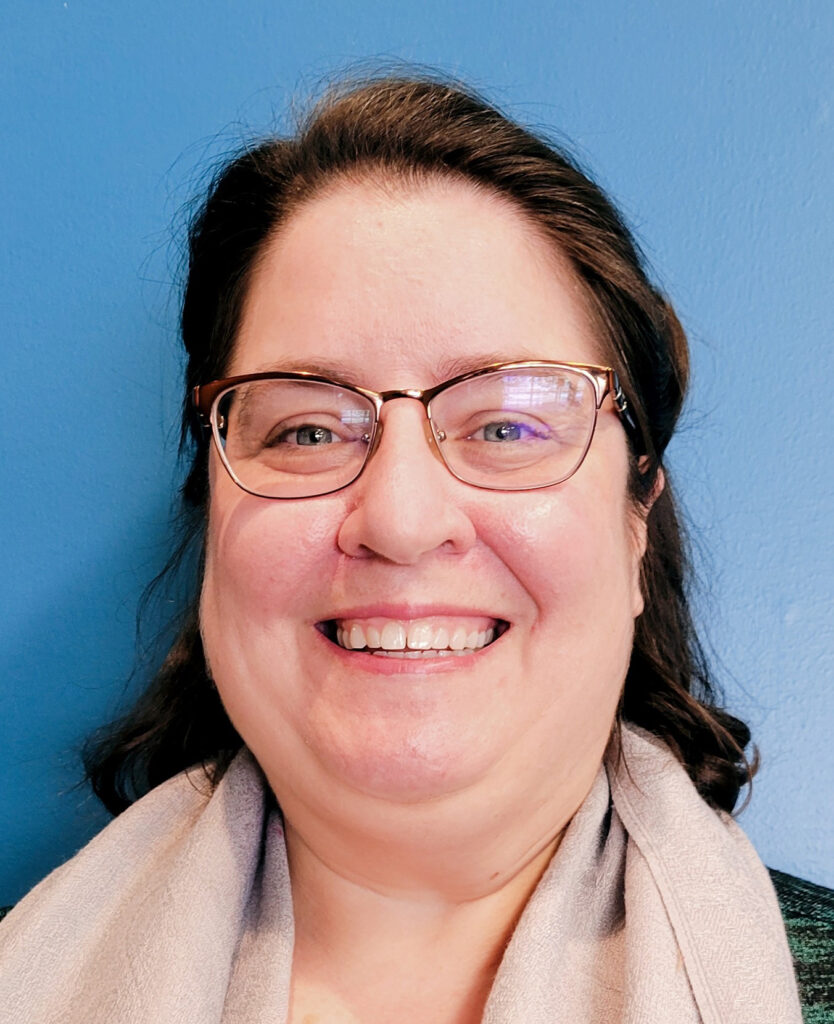
Hope centered and trauma informed
CFI's vision is for healthy and hopeful communities. Hope is the most predictive indicator of well-being in a person’s life in all the research done on trauma, illness, and resiliency. As a key component of our quality initiatives and priorities, we are investing in the Science of Hope. The initiative is evidence-based and shows that hope – the belief that the future will be better than today, and that you play a role in making that future possible – can be learned and measured.
The Science of Hope compliments our trauma-informed approach to care, and offers true hope to all who are at risk.
As a hope-centered and trauma-informed organization, CFI creates hope-centered policies, programs and practices that positively affects our clients, consumers and staff. The initiative incorporates assessment, consultation, training, and research.
We are beginning this initiative by training 24 Navigators in the concepts of hope; these Navigators will then train others, beginning with behavioral health staff. In time, all staff will be learning more about the concepts of hope and how to incorporate them into their lives and the lives of those they serve.
Changing the organizational culture is more than simply adjusting a mindset and language. Hope and the concepts of goals, pathways and willpower need to be rooted into the policies, programs and practices of CFI to have a lasting impact.
Hear from staff members who explain what hope means to them and how CFI inspires hope into others.
Hope centered
Our agency vision is healthy and hopeful communities. Hope is the most predictive indicator of well-being in a person’s life in all the research done on trauma, illness, and resiliency. As a key component of our quality initiatives and priorities, we are investing in the Science of Hope. The initiative is evidence-based and shows that hope – the belief that the future will be better than today, and that you play a role in making that future possible – can be learned and measured.
The Science of Hope complements our trauma-informed approach to care, and offers true hope to all who are at risk.
For more information about the Science of Hope, watch a TED Talk video by Chan Hellman, author of "Hope Rising, How the Science of Hope Can Change Your Life."
Trauma informed
CFI takes a trauma-informed care approach to care and treatment. Our staff has been trained to acknowledge trauma’s pervasiveness, recognize signs and symptoms of trauma, and incorporate knowledge about trauma into a person’s care plan.

What Is Trauma
Trauma can be a one-time, multiple or long-lasting series of events that is emotionally disturbing or life-threatening. Trauma has lasting adverse effects on all aspects of a person’s total health — mental, physical, social, emotional, financial and spiritual.
Traumatic events might include:
• Physical, sexual, and emotional abuse
• Childhood neglect
• Living with a family member with mental health or substance use disorders
• Sudden, unexplained separation from a loved one
• Poverty
• Racism, discrimination, and oppression
• Violence in the community, war, or terrorism

What Is Trauma-Informed Care?
A trauma-informed approach acknowledges that trauma is pervasive, and takes into account a person’s past and present traumas. It shifts focus from, “What’s wrong with you?” to “What happened to you?”
It is an approach that assumes that an individual is more likely than not to have a history of trauma, and actively strives to avoid triggering trauma symptoms and re-traumatization.
Key components to trauma-informed care include creating a physically and emotionally safe environment, establishing trust, supporting choice, and creating a collaborative approach to care.

The Toll of Trauma
70 percent of adults in the U.S. have experienced some type of traumatic event at least once in their lives. That's 223.4 million people.
It could be a turbulent childhood, a death in the family, or witnessing domestic abuse or other violent act. These traumatic events can make you believe you are in danger of being harmed. And they have serious re-percussions, triggering emotional and physical reactions that can make it more likely that you could develop a serious health condition, including heart disease and cancer.

Trauma-Informed Care trainer: Kristine Werhand
Meet Kristine Werhand, one of MCFI's trauma-informed care trainers.
